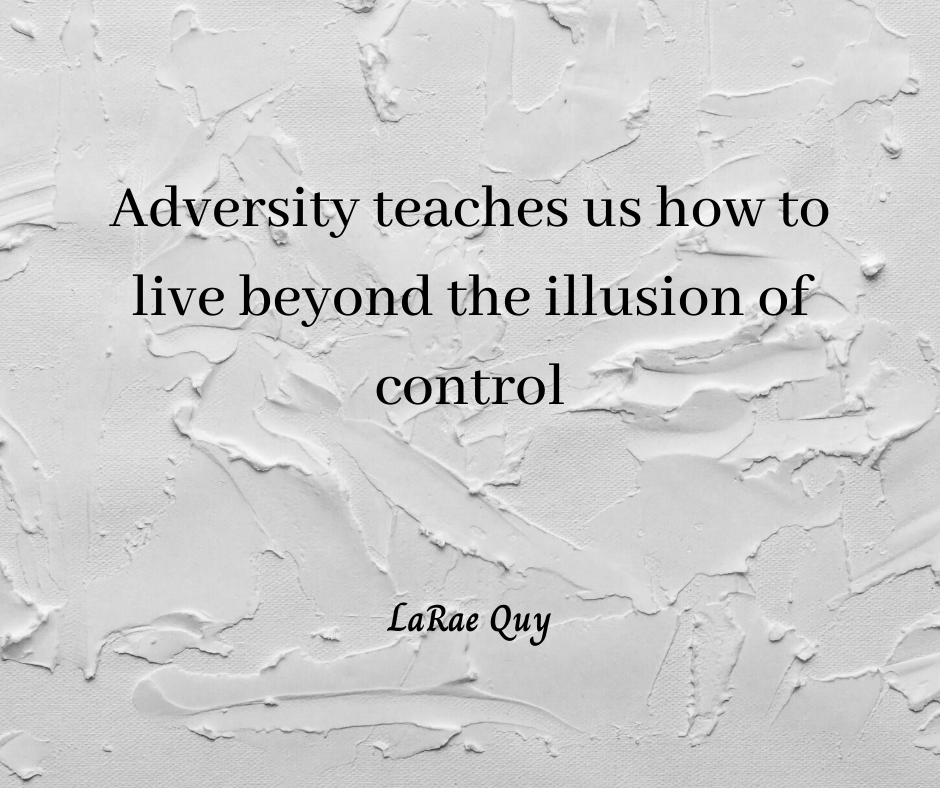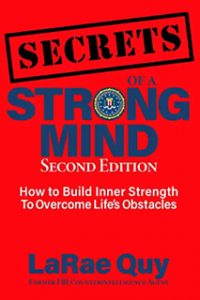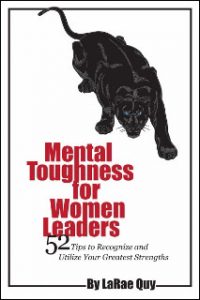Childhood can be a mixed bag. We can bitch and moan because ours was not perfect, but guess what? No one’s childhood is perfect. Even worse, it’s not supposed to be perfect. It’s the first place we discover how to overcome obstacles and move through adversity.
It’s unfortunate that too many modern parents have confused negative childhood experiences on the playground with abuse and trauma. They are a “woke” generation that spews criticism at suggestions of anything other than praise and perfect outcomes for their precious child. This is the laughable part—these overprotective parents think stellar efforts will produce a child that is well adjusted and confident in their abilities.
News flash, folks. You’ve created a generation of wimps who don’t have either the confidence or courage to forge through the reality of life. It will be tough for them as adults when you’re no longer there to push them to be top athletes, honor roll students, and—oh yes, save the world from climate change.
But a life lived for parents or other people will leave us insecure, full of self-doubt, and little confidence in our abilities. The reason is simple: we’ve relied on someone else for our North Star so when we face a choice to make or a problem to overcome, we don’t have the mental toughness to move forward with confidence.
Are you mentally tough? Take this FREE assessment.
Confidence is not something we’re born with, it’s something we develop. The earlier in life we learn that tantrums won’t work when we don’t get our way, either on the playground or the workplace, the sooner we take control of our life.
We’ve been programmed since childhood to believe that we need to be better, try harder, and jettison those parts of ourselves that we don’t like. Culture tells us we need to change in some way and be different rather than discover and accept who we really are as human beings.
Forget all the pseudo-psychology that exhorts you to mimic the traits and behaviors of people more confident and successful than yourself—that does nothing but exacerbate the problem because real confidence must come from within.
Confidence is not a cheap bandaid you can pluck from a self-help book or podcast and hope it heals what’s missing inside of you. Don’t let yourself become a poor imitation of someone else. Sure, a mentor can provide tips and offer valuable observations but confidence, folks, is something you must own.
We don’t need to be fixed; we need to become aware of both strengths and weaknesses and no one can do that for us. It’s our birthright to be wise, rely on ourselves, be confident, and enjoy peace of mind so we can be present in our unfolding life.
Here are ways you can spark confidence when you need it most:
1. Embrace The Pain Of Life
We love fairy tales because the pain belongs to someone else and there are magically happy endings. I love stories like Cinderella, too, but the real lesson from Cinders is that she didn’t avoid or get rid of the pain in her life. She used it well.
Anger can spur us into action much better than complacency. It can help us navigate the dangers that exist around the corner. Sadness can remind us of what is important to us. Anxiety can keep us alert and notify us of a change in our circumstances. Listen, if it hadn’t been for Cinders’ distrust of her nasty stepmother and stepsisters, she would have missed the opportunity to meet her prince again.
We need to be honest about the emotions we feel because if we’re not, the only fool in the room is us. We can pretend, but the ugly beast will show its face, anyway. Only when we’re prepared for the pain of life, can we be confident of our response.
Don’t avoid your pain; if you do, you risk that it will boil over into panic and you’ll look and sound like the idiots who watch too much cable TV.
How To Make It Work For You: Take small steps and road-test one negative emotion at a time. For example, pinpoint when fear raises its head, and notice your reaction. Make a note of how it changes your behavior, both in ways that build your confidence and in ways it erodes your confidence. Dissect these events so you can create a strategy for your reaction the next time fear pops up. It doesn’t need to be a big step, but the key is for your response to come from your own strengths and traits, not from a guidebook produced by someone else. Confidence is something you own and it must come from the depths of your being.
2. Whip The Ego Into Shape
When we try to protect ourselves, and others, from negative experiences, we disconnect from reality. No, humans aren’t a bunch of sadists who expect pain and discomfort to be a pleasant experience. But we have a slight problem with this thing called ego, and that’s the monster that threatens to derail our thinking when we’re confronted with obstacles and adversity.
Ego needs power, prestige, and possessions because these are things that the world tells us will make us feel important. Above all, the ego wants to be in control and that’s why it’s difficult to whip it into shape. At some point, however, life will lead us into the belly of the beast and into a situation we can’t fix, can’t control, and can’t explain.
The ego works hard to run the show because it’s motivated to act in one’s self-interest. It’s focused on what “I want,” and is the seat of our ambition. Since it drives our behavior, we often develop a false sense of confidence to produce the illusion of control.
How To Make It Work For You: As disagreeable as this sounds, we need pain and suffering to help us understand that we are not in control. The ego fancies itself to be more advanced than it really is, and it takes humility to put it in place. Some form of adversity is necessary to teach us how to live beyond the illusion of control. Only then can we build confidence rooted in who we are because we can pursue the things that are worth doing.
3. Hunt Good News
Blame it on the saber-toothed tiger, but our emotional brain reacts much quicker and stronger to bad news. Our focus on the negative kept us alive when we lived in caves, and it’s still handy if we want to stay alive on the streets of San Francisco, but we don’t always need to retreat to a place of safety when we hear bad news.
OK, the coronavirus reminded us all that we still need to pay attention to the junk in life, but it’s also a reminder we don’t need to panic just because we’re in the middle of a shit storm.
If we let negativity run loose, we can lose confidence in ourselves because we no longer feel safe and comfortable. Hey folks, the point is to be confident, especially when we don’t feel safe and comfortable. This is when the rubber meets the road. If we surround ourselves with naysayers that claim doomsday is around the corner, guess what? We’ll find ourselves in the middle of the pack that runs toward the cliff.
It’s not only the herd mentality that will push us off the cliff, but it’s also the lingering self-doubt that rears its ugly head when we focus too much on negative information. Tough times can be a real confidence suck, so the better you know yourself, the quicker you’ll pull yourself out.
Confidence is not linked to external factors or circumstances. It’s not linked to your looks, smarts, or wealth. I’ll say it again, confidence comes from how you perceive yourself; once you feel that you are whole, you’ll be confident enough to make your own mark on the world.
How To Make It Work For You: If you love yourself, you’ll be content with how God made you; if you aren’t content with who you are, there will always be something you lack. It’s as simple as that. No one is perfect, so once you kick that crazy thought from your mind, you’ve made a big step. The key is to be comfortable with what you can, and can’t, achieve in life.
Comfort implies that you’re OK with rejection, failure, and vulnerability—all the things the ego hates. Once you take control of your life, confidence will allow you to act without fear, engage without judgment, and love without conditions.
The next move is yours…
© 2020 LaRae Quy. All rights reserved.
You can follow me on Twitter, Facebook, Instagram, AND LinkedIn
Are you mentally tough? Here is my FREE Mental Toughness Assessment
Check out my new online training program at www.SecretsOfAStrongMind.com
Get my new book, “Secrets of a Strong Mind (second edition): How To Build Inner Strength To Overcome Life’s Obstacles”
Author of “Mental Toughness for Women Leaders: 52 Tips To Recognize and Utilize Your Greatest Strengths”
Image by Gerd Altmann from Pixabay






Such an interesting post, LaRae! Similar to your perspectives on experiencing pain, I have found that failure and mistakes have always helped me grow and gain confidence. When I work with leaders who beat themselves up for making a misstep, I ask them to instead lean into the lessons they learned from the situation. Those difficult mess-ups help us develop new and stronger skills to face another challenge.